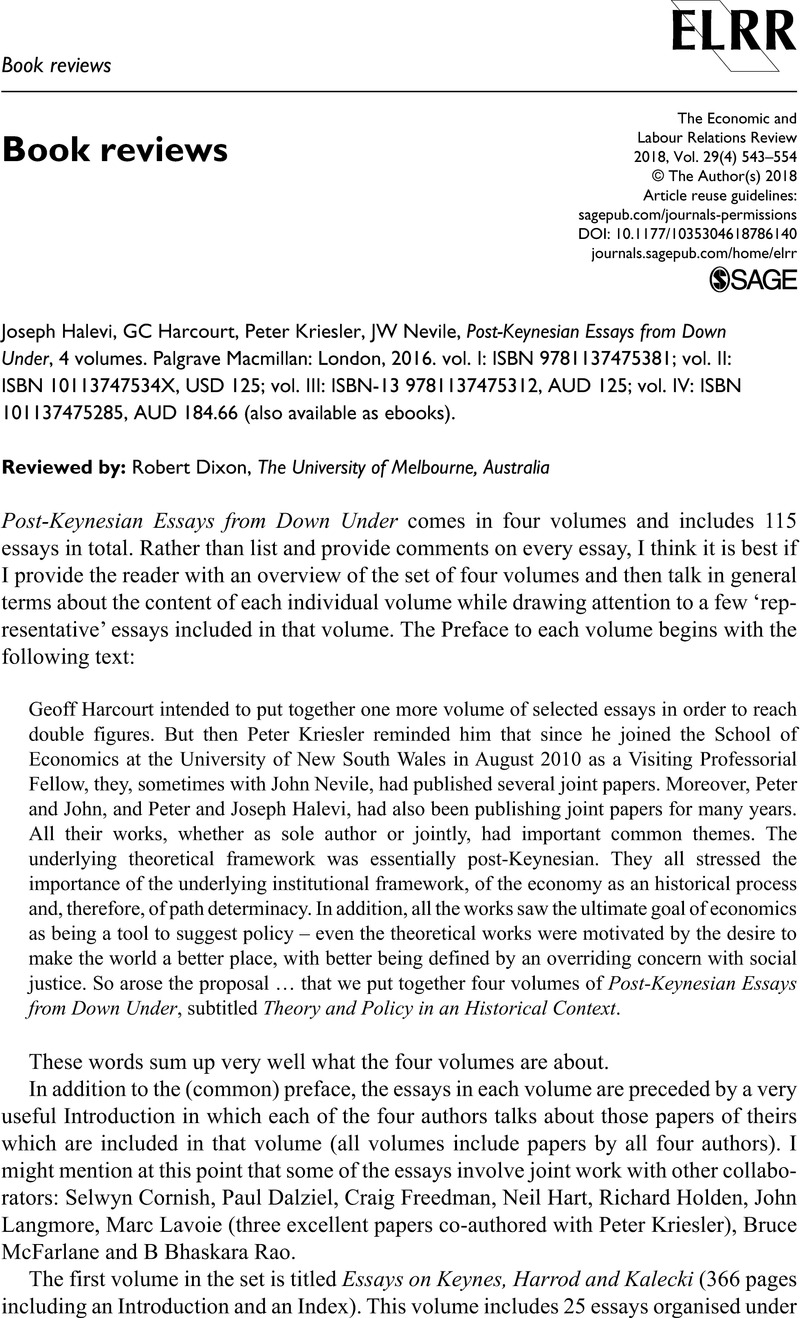Crossref Citations
This article has been cited by the following publications. This list is generated based on data provided by Crossref.
Kriesler, Peter
2023.
Introduction to the second symposium in honour of Geoff Harcourt.
The Economic and Labour Relations Review,
Vol. 34,
Issue. 2,
p.
199.



